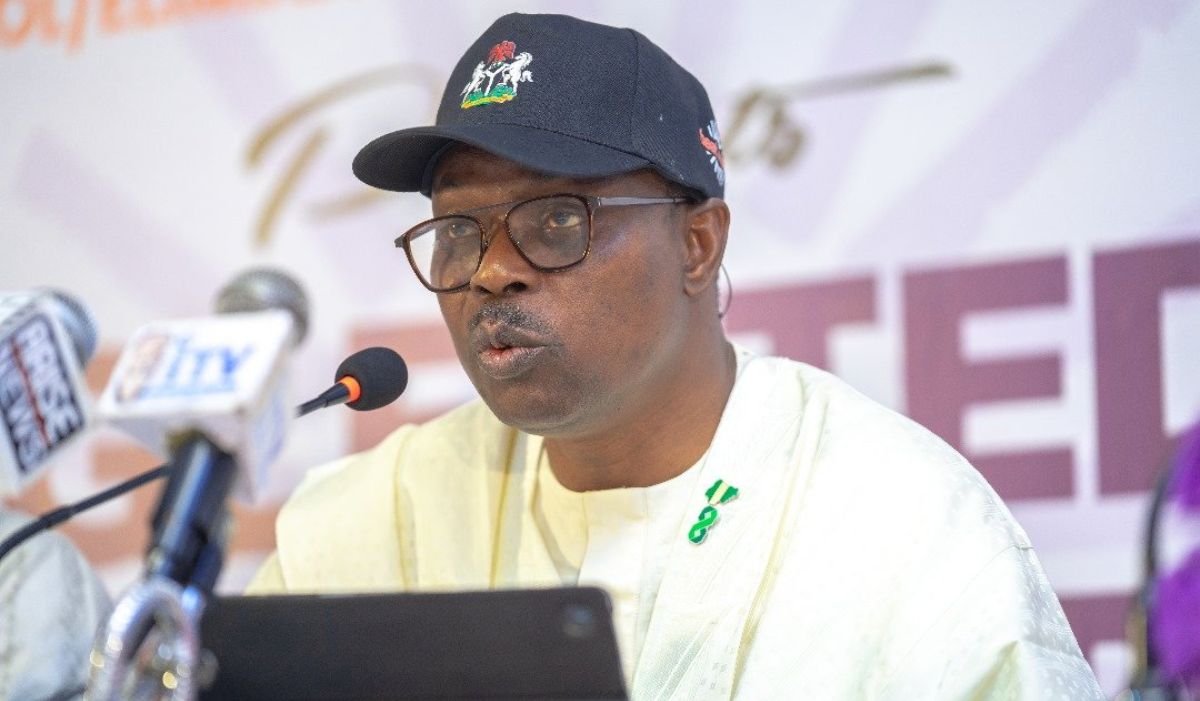FG Secures Over $1 Billion in Grants to Overhaul Health Sector

The Federal Government has obtained more than $1 billion in grants and concessional financing to drive critical reforms aimed at reshaping Nigeria’s healthcare system.
This was disclosed by the Minister of State for Health and Social Welfare, Dr Iziaq Adekunle Salako.
During the inaugural BusinessDay Health Conference held in Abuja on Thursday, Salako revealed that the funds were mobilised through partnerships with global agencies, including WHO, USAID, the World Bank, and Gavi.
He described the ongoing reforms as transformative initiatives geared toward creating sustainable health outcomes rather than merely delivering services.
Speaking at the event themed “Transforming Nigeria’s Healthcare Landscape: Government Reforms as Catalysts for Unlocking the Full Potential of the Healthcare Value Chain,” Salako said:
“Through these strengthened partnerships, we have secured over $1 billion in concessional financing and grants to support the ongoing transformation of our health system.“We are making progress, but we must do more. The government alone cannot heal Nigeria’s health system. We need the private sector, civil society, academia, and subnational governments to co-create solutions that are bold, inclusive, and scalable.”
He added: “Under the Renewed Hope Agenda led by His Excellency President Bola Ahmed Tinubu, health is viewed not as a cost centre but as a vital investment for national prosperity, productivity, and security.”
Salako emphasised that these reforms are not just policy changes but a comprehensive agenda focused on saving lives and enhancing healthcare outcomes.
He highlighted the Nigerian Health Sector Renewal Initiative (NHSRI) as the strategic blueprint, focusing on better governance, high-quality standards, and improved resilience through smarter spending and accountability.
The government has also taken steps to bolster the health workforce by increasing medical school admissions by 62% since 2023, recruiting 15,000 new personnel, and implementing policies aimed at retaining health professionals, including those in the diaspora.
Energy access in health institutions is also receiving attention. Through the Energy for Health Initiative, solar hybrid systems are being deployed in facilities such as UMTH and FMC Keffi to eliminate power disruptions.
He also announced a new initiative, ‘Power in the Health Sector,’ with a major national policy dialogue slated for September 9–10, 2025, to create a sustainable energy roadmap for health institutions.
To boost private investment, the Presidential Initiative for Unlocking the Healthcare Value Chain (PVAC) is providing sector-specific incentives. As of now, 87 pharmaceutical manufacturers have benefited, leading to a 12% decline in production costs.
Regarding Universal Health Coverage (UHC), Salako noted that funds from the Basic Health Care Provision Fund are being used to improve access for vulnerable populations via integrated community-based health insurance schemes.
He also discussed the rollout of the National Digital Health Initiative (NDHI), which is building a secure and interoperable digital infrastructure, promoting data privacy, creating employment, and enhancing healthcare delivery.





